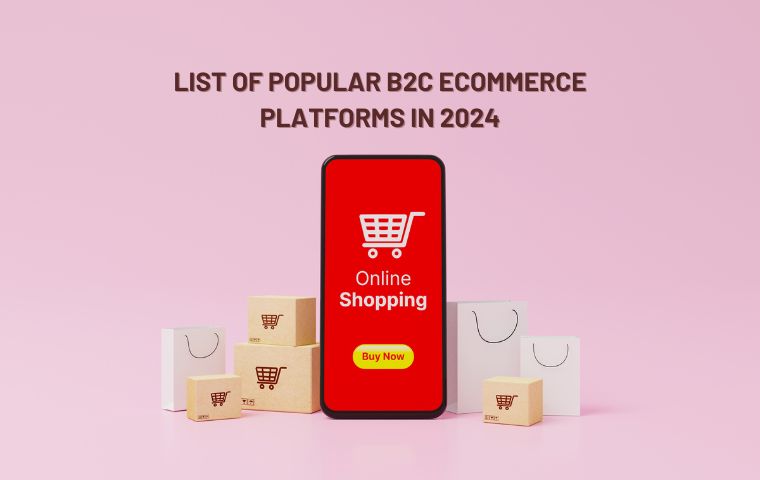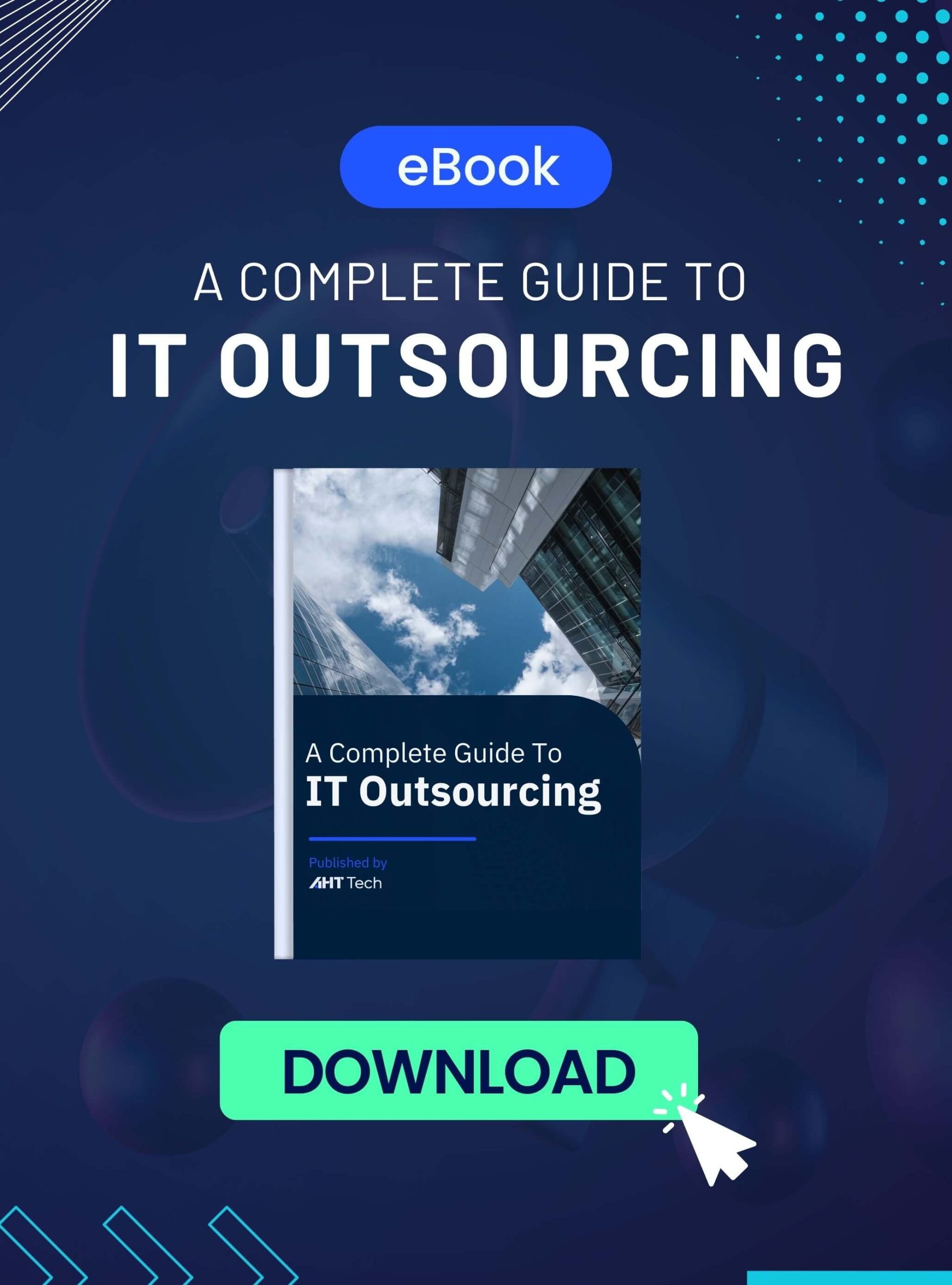TABLE OF CONTENT
What is B2C ecommerce platform?
Things to Consider Before Choosing B2C eCommerce Platform
Best B2C eCommerce Platforms
Conclusion
What is B2C ecommerce platform?
Business-to-consumer (abbreviated by B2C) is the process of online retailers selling products and services directly to consumers through the Internet without a third party. Businesses might build an eCommerce website, either a single vendor eCommerce website or an eCommerce marketplace website.
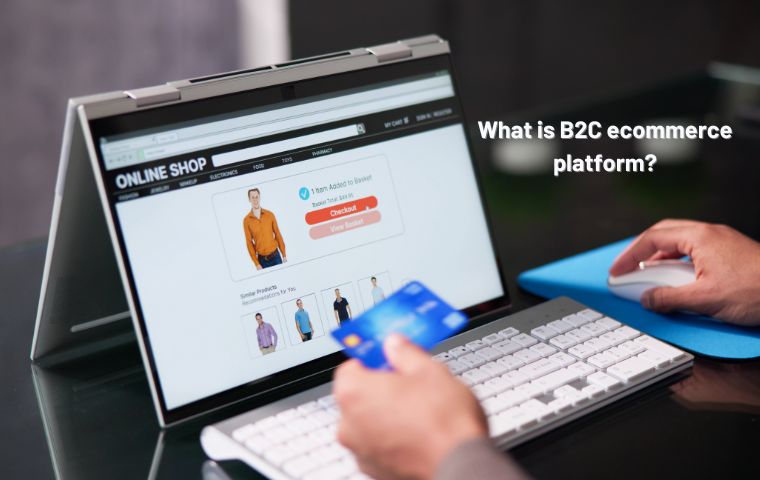
eCommerce platforms provide several key components to make the ecosystem seamless:
- Engage buyer: One of the benefits of the B2C eCommerce model is the pre-build customer journey from first accessing the website to a purchase intent. Through the purchase journey, businesses need to make customers aware of the product category with interactive searching. Therefore, you should utilize a B2C eCommerce platform to design a website that has intuitive UI/UX to make the first impression with a seamless shopping experience.
- Checkout and payment infrastructure: It is not convenient for shoppers if they need to complete various sign-ups or checkout procedures. Generally, providing multiple payment methods like cards, bank transfers, eWallets, etc…is vital for eCommerce to allow customers to choose multiple buying options.
- Shopping Cart: Preparing a virtual shopping cart for buyers, allowing buyers to keep their selected product in place and continue shopping. This results in the shopping process not being interrupted in multiple sessions.
- API integration: Certainly, you can’t evaluate the performance of an eCommerce website when just based on glancing at how it runs. It is clear that eCommerce is a dynamic possibility that constantly changes day by day. Thus, you need to utilize eCommerce tools to support you in generating efficiency.
- Backend infrastructure: It decides how your eCommerce store has what functionalities and operates. You can flexibly tailor your eCommerce website if you have the power IT infrastructure. B2C eCommerce platforms let businesses manage tasks from shipping to taxation to marketing and more.
Things to Consider Before Choosing B2C eCommerce Platform
Choosing a good eCommerce platform is the first success for eCommerce development. With the right B2C eCommerce platform, you can engage customers to make purchases as well as generate revenue. Let’s browse several key points you need to consider when choosing the eCommerce platform:
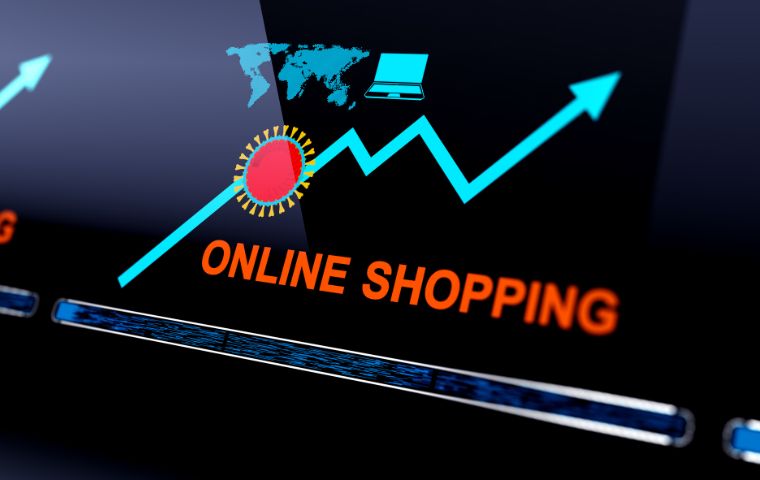
- UI/ UX design: Focusing on the platform’s ease of use and convenience helps attract customers. You can create elegant designs for various categories, filters, reviews, etc.. to help customers glance at effective visual navigation. This results in enhancing the consumer experience.
- Platform pricing: Make sure that the price plan of the eCommerce platform meets your budget. When deciding to implement an eCommerce store, you need to define your budget as well as what features and functionalities your eCommerce store should have. It also helps to avoid hidden costs and unexpected costs.
- Data privacy and security: With online shopping, protecting customers’ data plays a vital role in avoiding data theft and hacking. Furthermore, you can also manage customer information effectively to enhance loyalty.
- Speed and scalability: When you expand, you need an eCommerce platform that is easy to scale instead of implementing a new one. It leads to wasting time and costs. Certainly, an eCommerce platform has higher speed, which will help you enhance customer satisfaction with a seamless experience.
Best B2C eCommerce Platforms
Leveraging the power of eCommerce platforms, B2C businesses can build an eCommerce website effectively. However, each platform has different capabilities and features, which you should consider when choosing the right one for your eCommerce development project. Here are several popular B2C eCommerce platforms in 2024 you need to know:
Shopify
Shopify is one of the popular B2C eCommerce platforms, allowing businesses to build, develop, and manage their online stores. It is suitable for small and medium-sized enterprises with a user-friendly interface on a single dashboard. As a SaaS (Software as a Service) platform, Shopify lets businesses operate the eCommerce store to sell on social media sites, other blogs and websites, marketplaces, etc.…

Key features
- CRM
- Email marketing
- Point of sale (POS)
- Multi-channel marketing
- Inventory management
- Multistore management
Pros
- Easy-to-use eCommerce platform
- Beautiful and mobile-friendly themes
- Support for multichannel with Shopify POS
- Adaptable for a range of industries
- Shopify marketplace
Cons
- Less popular coding language
- Expensive paid themes
- Limited customization
Price
- Basic: 19$ USD/month billed once yearly
- Shopify: $49 USD/month billed once yearly
- Advanced: $299 USD/month billed once yearly
- Plus: $2.300 USD/month billed once yearly
Shopify Plus
Known as one of enterprise-level version of the B2C eCommerce platform, Shopify Plus is designed for large enterprise with an annual transaction value of over 1 million USD and high growth-hacking. While Shopify operates SaaS, Shopify Plus follows the PaaS ( Platform as a Service). This results in the development of databases, web servers, functionality, and much more for their eCommerce ecosystem. Whether you want to develop how an eCommerce store or industry-specific requirements, Shopify Plus can help you. However, it seems that if you are a medium- or large-scale business, you can utilize it due to the complexity of Shopify Plus. It may require high technical knowledge and costs for several tasks.
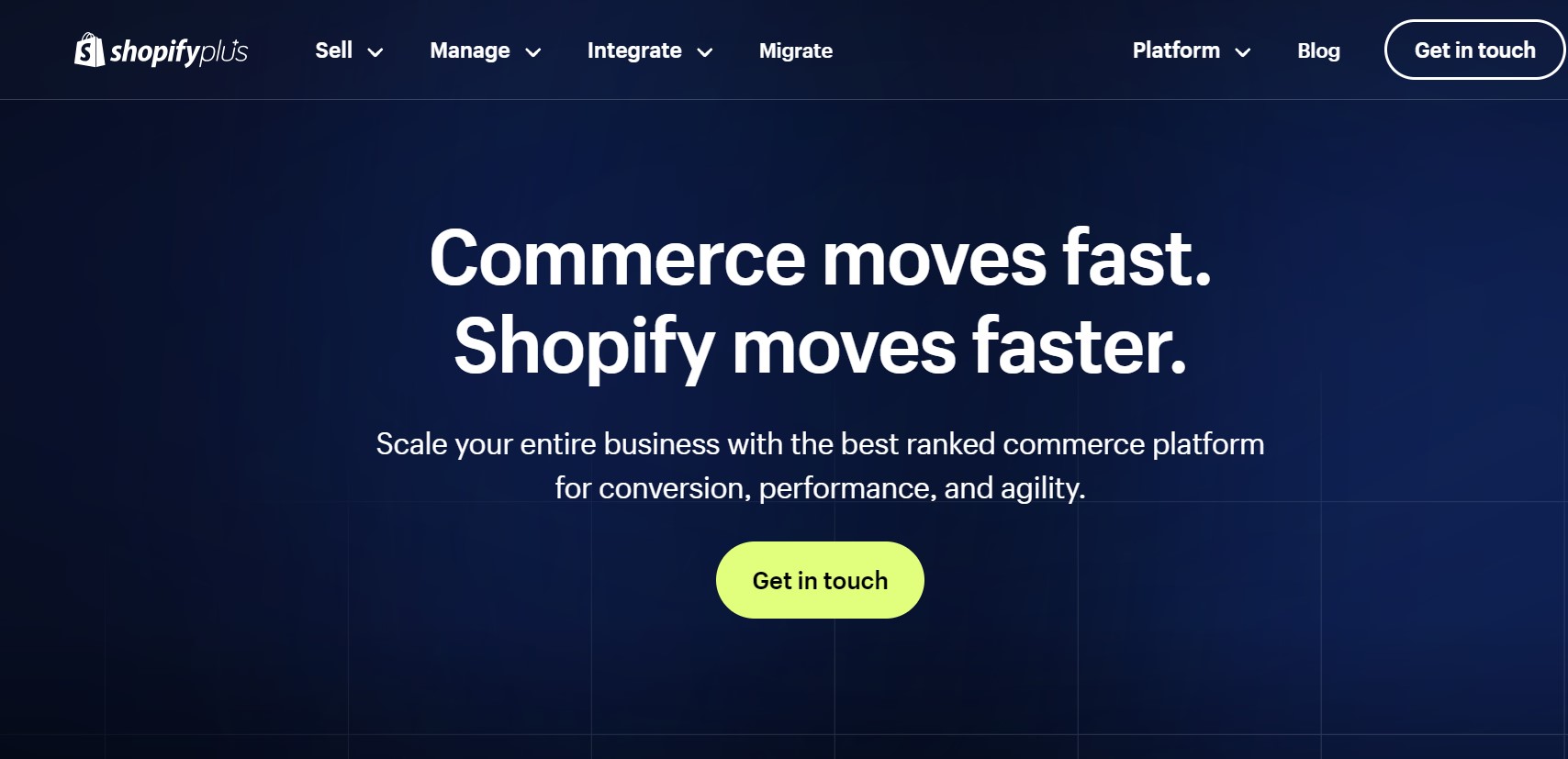
Key features
- Ommni-channel sales
- International commerce
- Retail & point of sale
- Multi-market sales
- Headless commerce
- Enterprise commerce
- Composable commerce
- Shopify hydrogen
Pros
- User-friendly interface
- Order visibility
- High scalability
- Flexible customization
Cons
- High service charge
- Limited basic features
- Requires high technical knowledge
Price
- $2.500 USD/month for 1-year term
- $2.300 USD/month for 3-year term
BigCommerce
BigCommerce is a SaaS-based solution, that is suitable for a large enterprise to build an online store without requiring expertise in web development or eCommerce. BigCommerce provides attractive design tools and dashboards to operate complexity based on the regulations of security and an easy-to-use platform. Thus, leveraging the BigCommerce platform, businesses can craft creative and appealing store experiences. Additionally, BigCommerce is a feature-rich platform for creating websites, search engines, marketing, and much more with cost-savings. Moreover, businesses can follow a monthly basis to utilize the deals like hosting, maintenance, and system security matters.
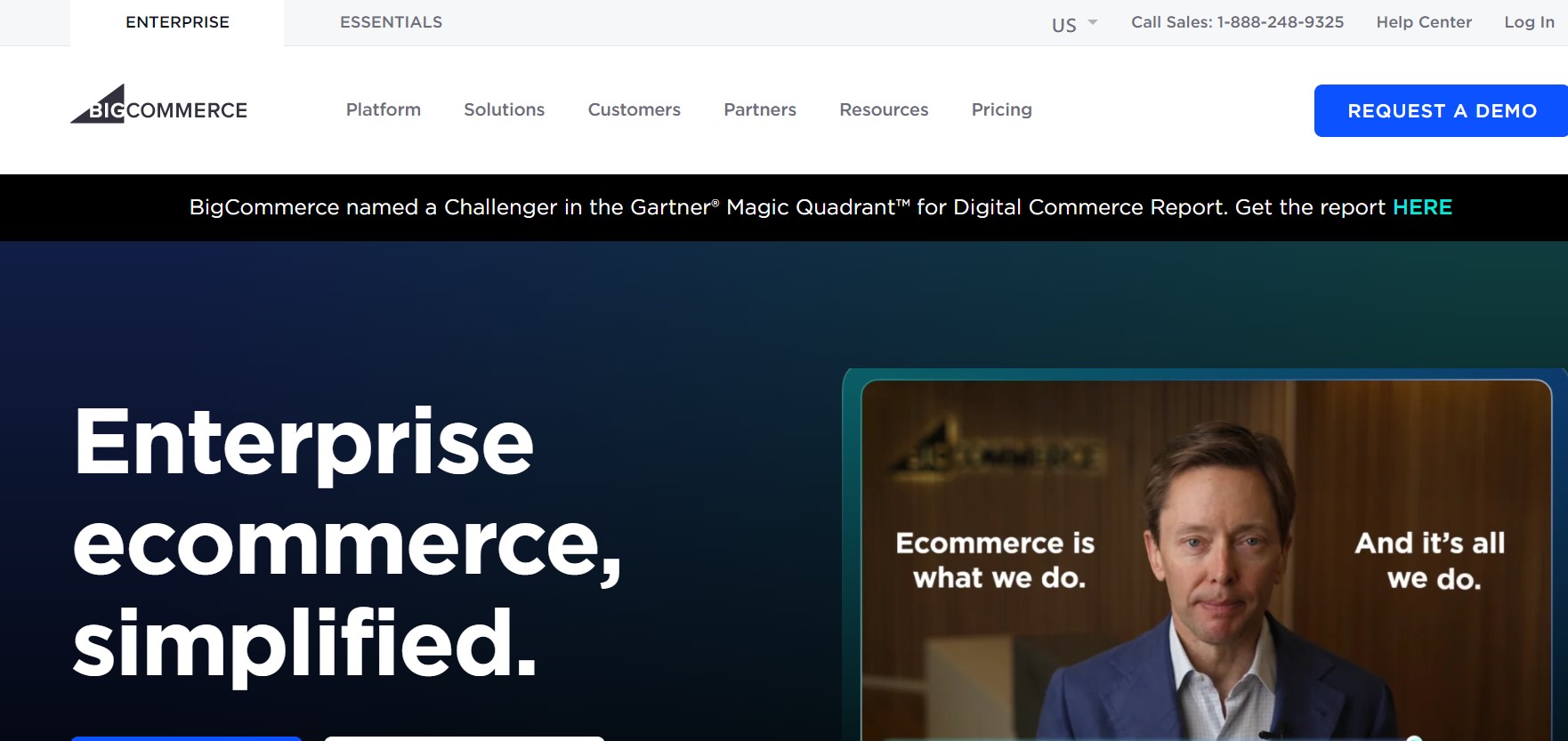
Key features
- Multi-storefronts
- Headless
- Omnichannel
- Wholesale commerce
- International commerce
- Commerce as a Service
Pros
- Built-in features
- Easy-to-use interface
- Professional-level reporting and analytics
Cons
- Lack of themes
- High-cost for enterprises
Price
- Standard plan: $29/month billed annually
- Plus plan: $79/month billed annually
- Pro plan: $299/month billed annually
- Enterprise plan: access to request
WooCommerce
WooCommerce is a popular B2C eCommerce platform to build an eCommerce website based on the WordPress website. As an open-source flexible software solution, WooCommerce allows users to manage online stores quickly, such as product displays, orders, multiple payment gateways, and much more. WooCommerce plugins from WordPress can be used directly to add eCommerce functionalities. As a result, businesses can receive all the necessary eCommerce features like inventory management, checkout, shipping, etc.…
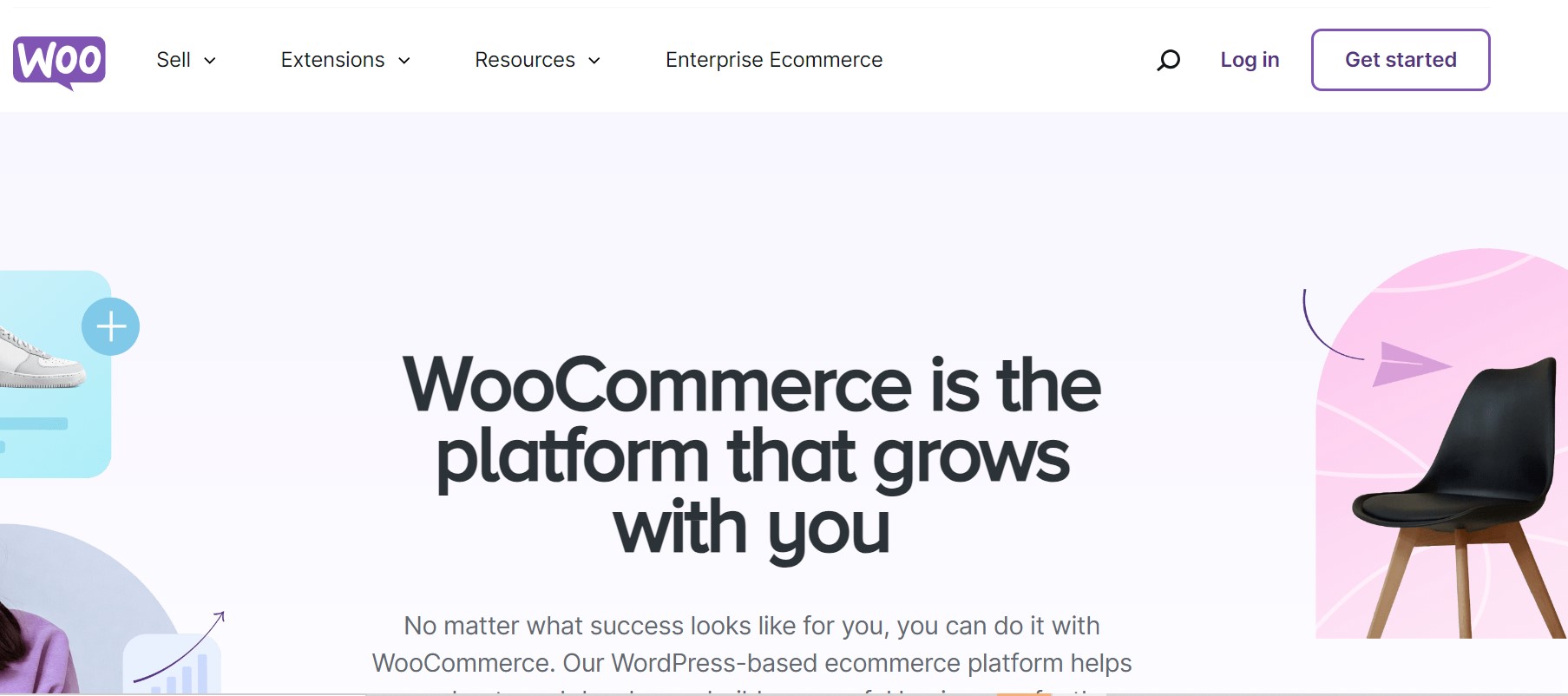
Key features
- Payments
- No-code customization
- Marketing
- Checkout
- Shipping
- Mobile app
- Enterprise eCommerce
Pros
- High scalability
- Low costs
- Flexible customization
- Variety of extensions and plugins (free and paid)
Cons
- Hidden costs
- Just be useful for WordPress sites
- Difficult for beginners
Price
- Must access to request price
Adobe Commerce (Magento)
Adobe Commerce is a self-hosted open-source B2C eCommerce platform that allows businesses to create and manage a large online store. With Adobe Commerce, you can easily customize the platform to update and upgrade the features to be the perfect eCommerce platform. Adobe Commerce has two main versions: Adobe Commerce Cloud ( which is a paid version to deploy and manage on the cloud) and Magento Open Source ( which is a free version, just download and use).
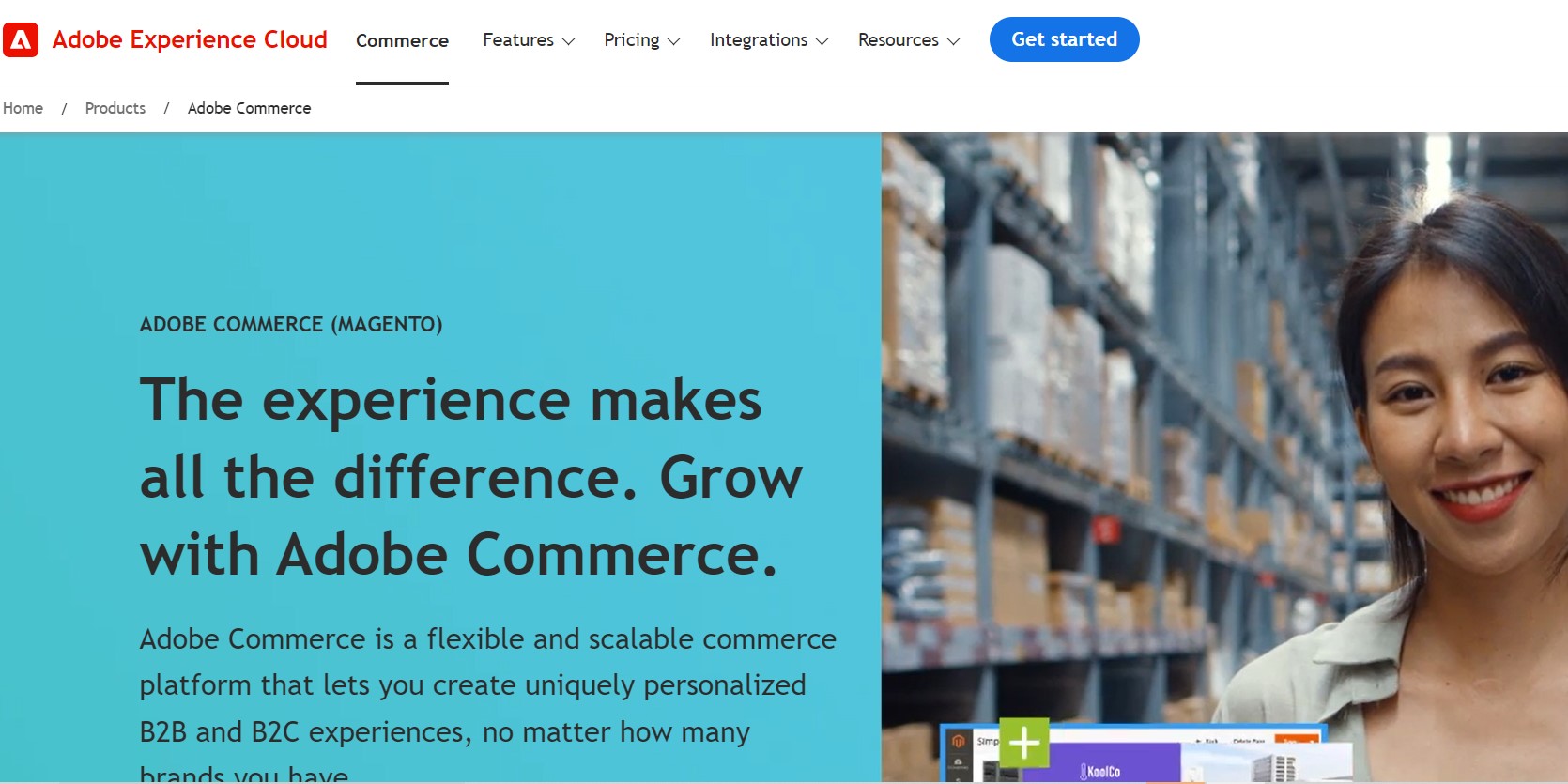
Key features
- Quick checkout
- Multi-brand solution
- Mobile centricity
- Headless commerce
- Payment services
- Inventory and order management
- Data warehousing and management
- BI and reporting and visualizations
Pros
- Easy-to-scale
- Flexible customization
- Omnichannel
- Variety of free versions
Cons
- Required to a powerful server
- Difficult-to-navigate
- Expensive payment
Price
- Commerce Pro
- Managed Services
Related Articles:
Guide To eCommerce Website Optimization: +10 Tips For Advanced Conversion Rate
Conclusion
Looking ahead to this article, B2C eCommerce platforms are vital for helping businesses develop and manage eCommerce stores. When choosing the eCommerce platform for B2C, you need to search and analyze it deeply. Make sure that the eCommerce platform adapts to your needs and budgets. Furthermore, if you don’t have in-house eCommerce developers or recruit experts, you can collaborate with a partner who specializes in implementing a B2C eCommerce platform. AHT Tech provides B2C eCommerce platform development for all company sizes with a pool of talents. Get in touch now!


